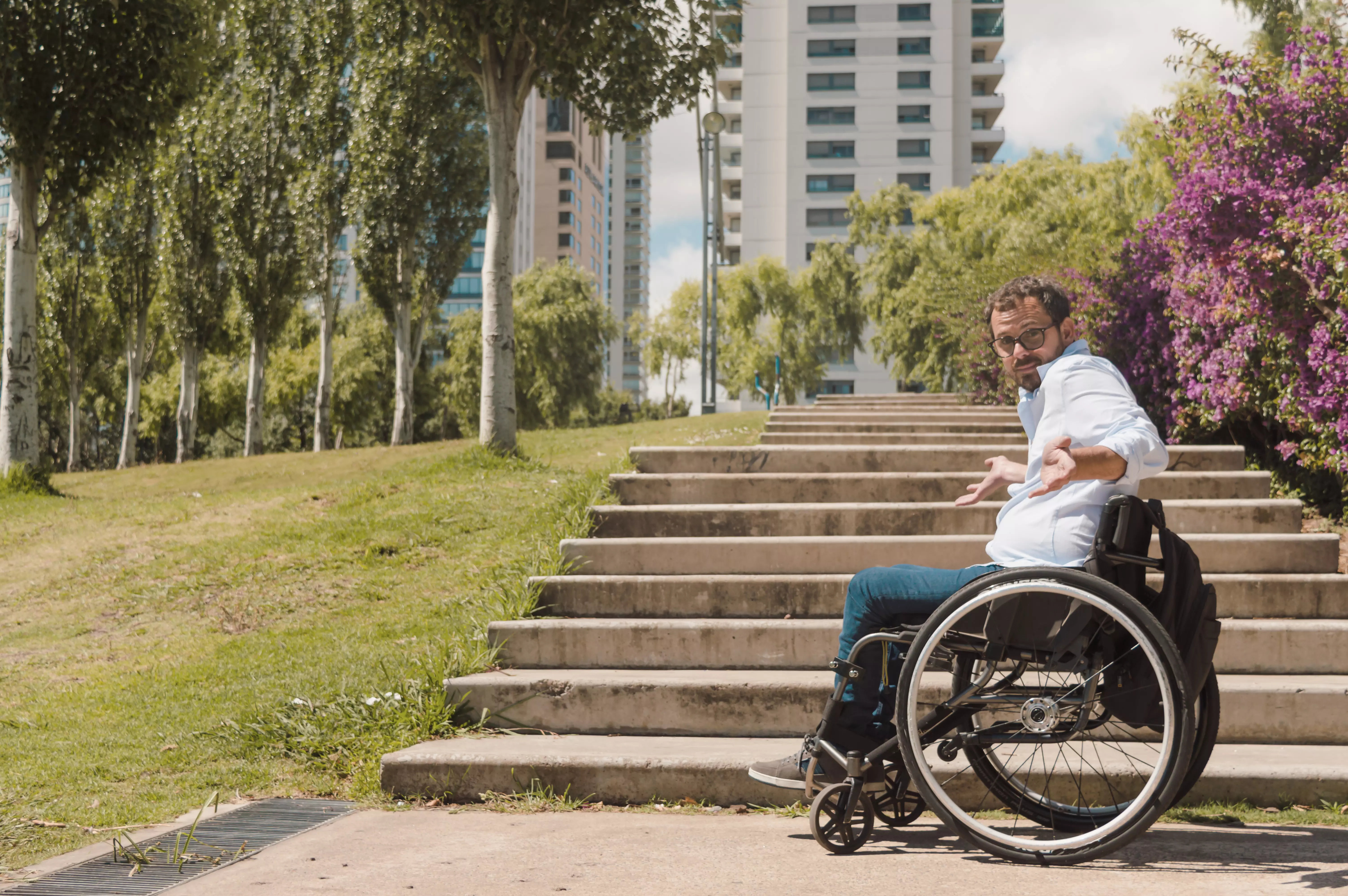Development of infrastructure for people with disabilities in Asian countries
Development of infrastructure for people with disabilities in Asian countries
People with disabilities have the right to participate fully in society. However, in many Asian countries, infrastructure is still inadequate for their needs. For this reason, it is important to invest in the development of adequate infrastructure to enable people with disabilities to move freely and use various public services.
Importance of infrastructure accessibility for people with disabilities
Infrastructure accessibility for people with disabilities is of great importance for their independence and social integration. People with disabilities often have certain physical limitations that make it difficult for them to move around and use various public places. By investing in accessible infrastructure, Asian national governments can ensure equal access to education, jobs, health services and recreation, thereby reducing disparities in society.
Infrastructure obstacles for people with disabilities in Asian countries
Infrastructural challenges for people with disabilities in Asian countries are numerous. They are particularly acute in rural areas and poor urban communities. Many public buildings, such as hospitals, schools and cultural centers, are not accessible to wheelchair users or people with other disabilities. Sidewalks are often inaccessible or in poor condition, causing problems for both wheelchair users and the blind.
Public transportation in many Asian countries is also not adapted to the needs of people with disabilities. Buses and trains often do not have special facilities such as wheelchair ramps, special seats for the disabled, or stop announcements for the blind. As a result, many people with disabilities are isolated and have limited ability to travel and use various public services.
Steps taken to develop infrastructure for people with disabilities
In recent years, national Asian governments have begun to take steps to develop infrastructure for people with disabilities. The Japanese government, for example, has introduced the Barrier Free program, which aims to eliminate barriers in buildings and transportation for people with disabilities. In Thailand, regulations have been introduced that require new public buildings to meet certain accessibility standards.
Other measures introduced by various Asian countries include improvements to public transportation infrastructure, the construction of wheelchair ramps, state-of-the-art alarm systems for the blind at bus stops, as well as special signage and information boards that make it easier for people with disabilities to use public places.
International cooperation in the field of infrastructure accessibility
It is important that not only individual Asian countries take steps to improve infrastructure accessibility for people with disabilities, but also that there is international cooperation in this area. International organizations, such as the United Nations, the European Union and the World Health Organization, provide technical and financial support to Asian countries that seek to improve the living conditions of people with disabilities.
International cooperation also includes international conferences and seminars that present best practices in the field of infrastructure accessibility. These enable the exchange of experiences and allow Asian countries to learn from other countries that have achieved success in this field.
Summary
Infrastructure accessibility for people with disabilities is a key issue to ensure their full participation in society. Asian national governments are taking more and more steps to develop accessible infrastructure for all. However, there is still much work ahead of them. International cooperation and sharing of best practices are essential to accelerate the process. Only by investing and continuing to move in this direction can we guarantee people with disabilities in Asia equal access to education, jobs, health services and other essential public services.
Add comment